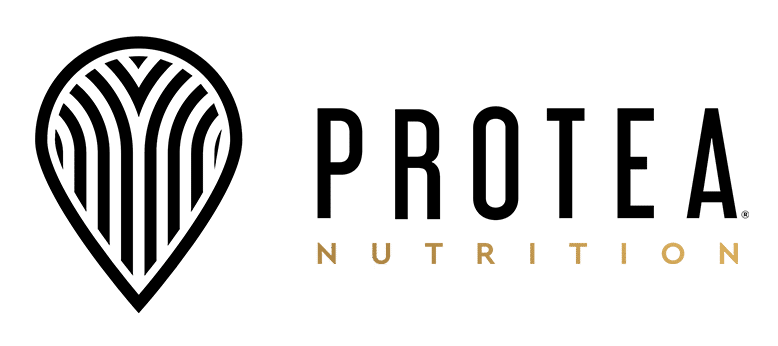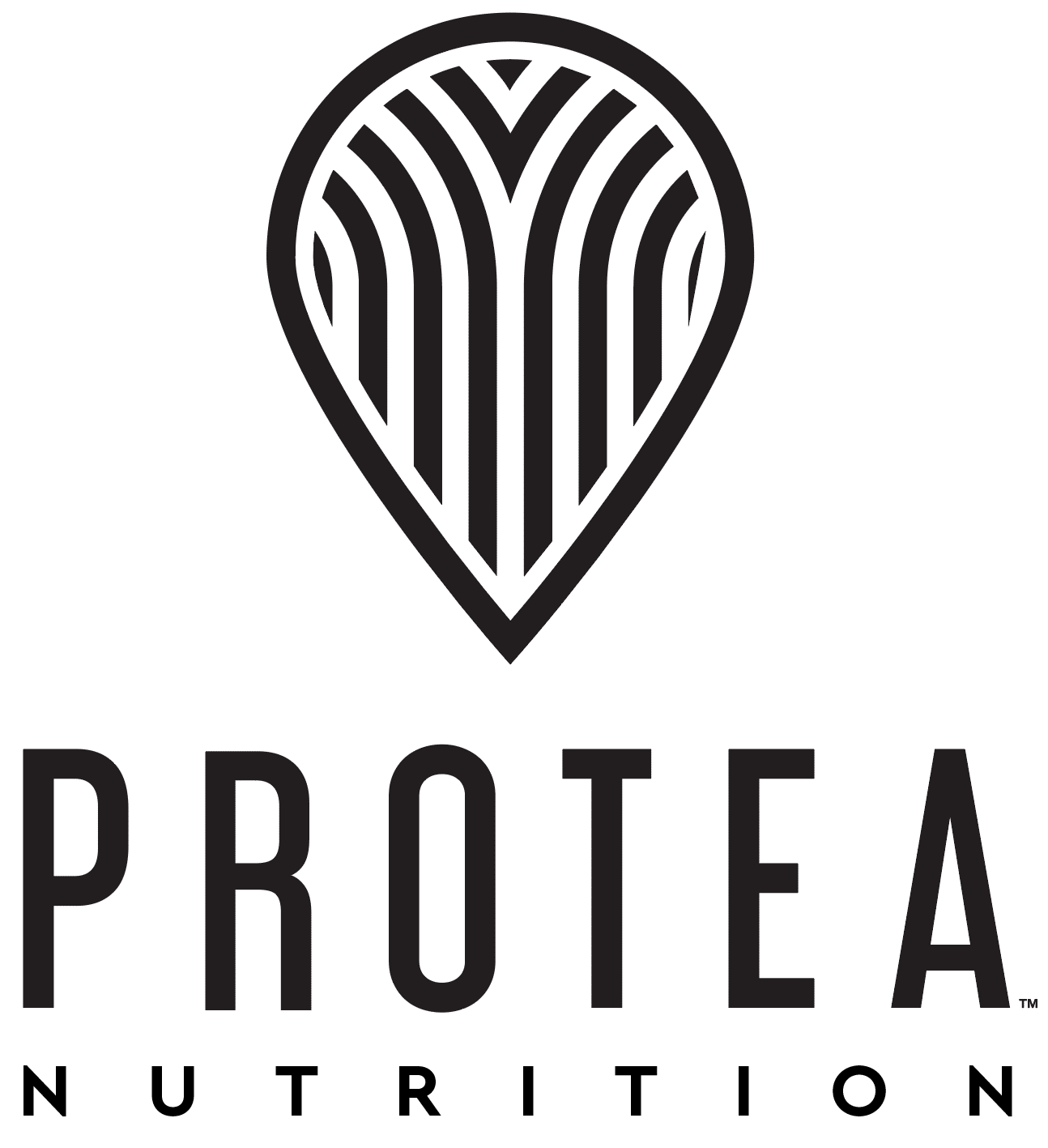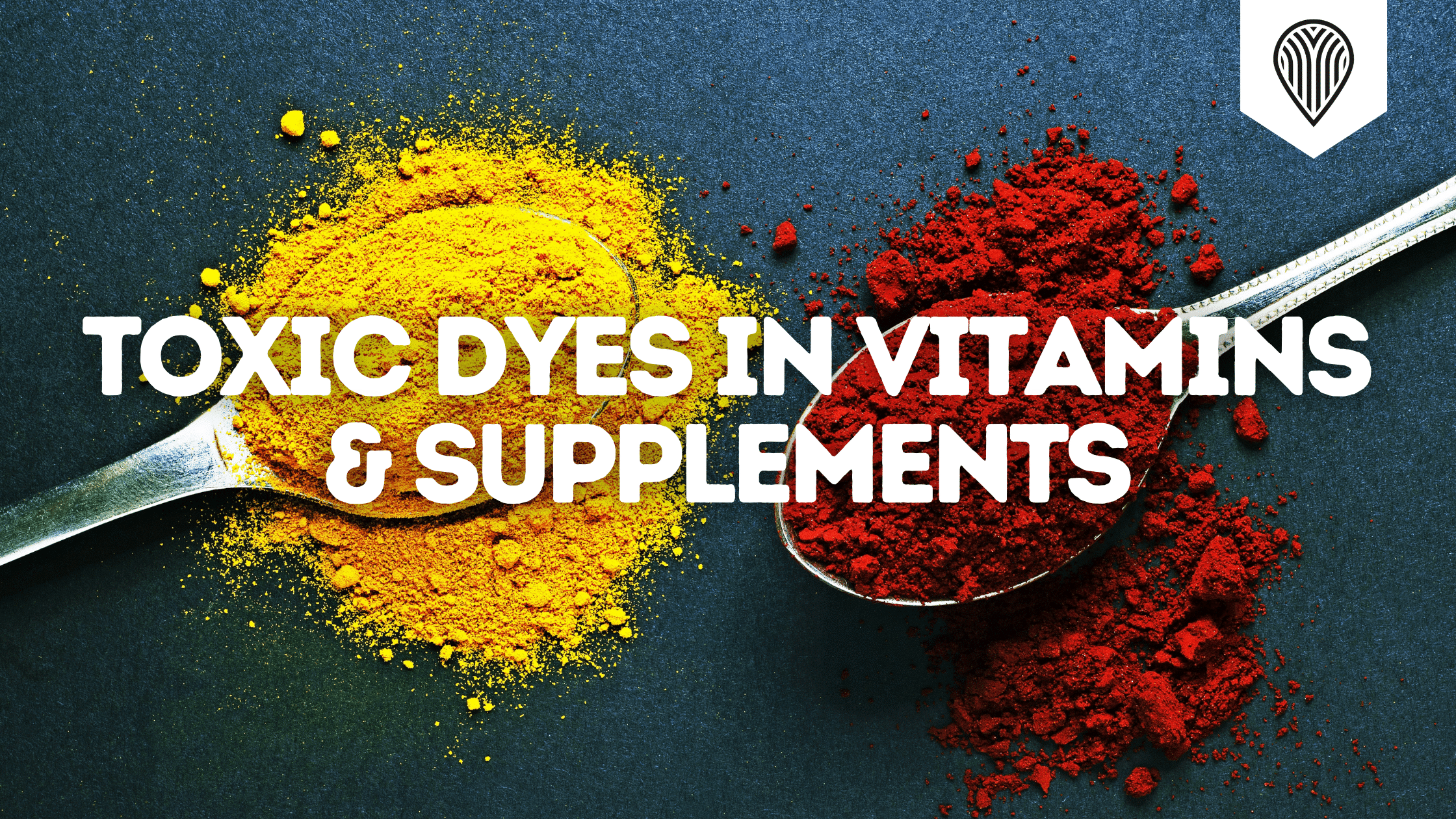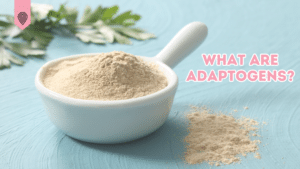Over the past few decades food coloring has been used in countless products that are consumed by people of all ages. Unfortunately, children are the biggest consumers of these related to the amount of food or candy that is eaten. Consumption of food coloring, aka dyes, has increased by 500% over the past 50 years. Throughout this time companies have found a majority of them to be toxic yet they continue to be included in the ingredients.

Not only are dyes included in a vast amount of products, they are included in sports drinks and supplements too. Many athletes and individuals that enjoy being physically in shape usually drink a BCAAs supplement otherwise known as amino acids. They are beneficial for replacing those electrolytes that are lost during workouts and other amino acids that our bodies cannot create. BCAAs help decrease soreness and help increase lean muscle mass gain as well. Consuming amino acids is a common part of an athlete’s daily supplement regimen, usually pre or post lifting/physical activity. Regular consumption of products that have toxic dyes in it can be harmful.
It’s important to note that dyes are banned in a lot of countries and for good reason however, in the US the FDA has approved several dyes in products such as vitamins and supplements that have been proven to be toxic. Oddly enough these vitamins and supplements are supposed to improve our health, not hurt it:
- FD&C Blue No. 1 – Brilliant Blue FCF, E133
- FD&C Blue No. 2 – Indigotine E132
- FD&C Green No. 3 – Fast Green FCF, E143
- FD&C Red No. 40 – Allura Red AC, E129
- FD&C Red No. 3 – Erythrosine, E127
- FD&C Yellow No. 5 – Tartrazine, E102
- FD&C Yellow No. 6 – Sunset Yellow FCF, E110

Some of these dyes are actually derived from toxic coal tar. Coal tar is a mixture of many chemicals, derived from petroleum according to this article from PubMed. It is recognized as a human carcinogen, with the main concern of using it for individual colors (whether produced from the coal tar or synthetically) is the potential to cause cancer. Coal tar dyes are generally formed as a by-product of hydrocarbon solvents. They’re used to dilute bituminous coal – a form of coal that is often used in the steel-making process. When the coal is diluted with these hydrocarbon solvents, it produces a variety of colors. These are the colors you might recognize in many of your favorite products.These colors may also be contaminated with low levels of heavy metals and can even be combined with aluminum substrate. Aluminum compounds and many heavy metals are toxic to the brain. Coal tar is used for purposes such as: roofing, outdoor sealants, exterior paints, and heating making it obvious that it should not be ingested.
Artificial dyes have also been found to cause irritability, hyperactivity and aggressiveness in children when consumed as well as linked to autism according to this article from PubMed.
Our vegan aminos contain no artificial colors or ingredients and can be consumed daily without any harmful risks or questioning what ingredients you are putting into your body.*
*These statements have not been evaluated by the Food and Drug Administration. This product is not intended to diagnose, treat, cure, or prevent any disease.
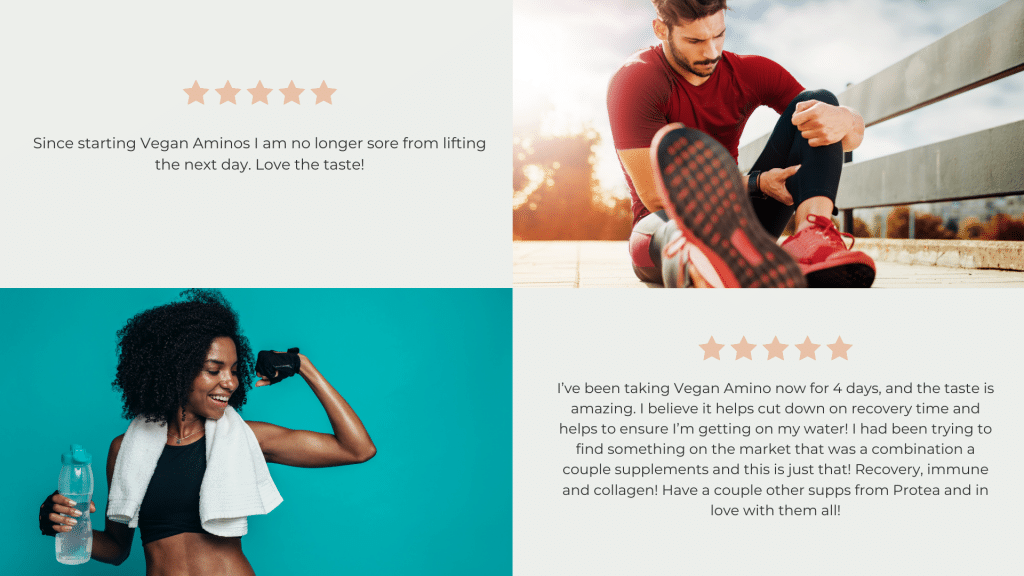
Refereces:
https://www.fda.gov/industry/color-additives
https://www.fda.gov/industry/color-additives
https://pubmed.ncbi.nlm.nih.gov/23026007/
https://pubmed.ncbi.nlm.nih.gov/17174709/
https://pubmed.ncbi.nlm.nih.gov/23026007/
